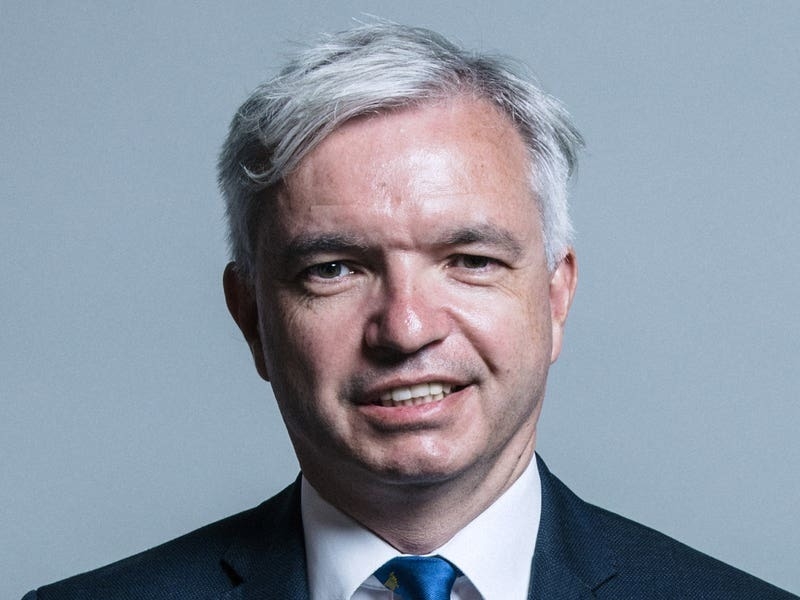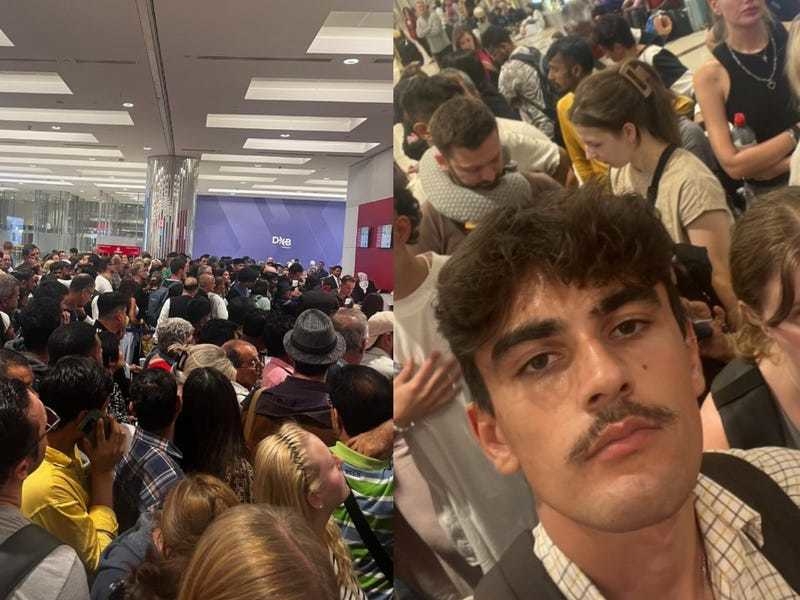The latest Jersey House Price Index, produced by Statistics Jersey, shows that both private rent and house prices increased by 7% during 2019, with the average cost of a home reaching £537,000.
House prices have risen annually by 7% for two years in a row, while private-sector rents rose by an even higher rate over the same period, having increased by 9% in 2018.
All property types reached their highest ever average prices, with the cost of a three-bedroom family home now £632,000. Meanwhile, the mean cost of a four-bedroom house reached £1,051,000.
Work carried out by Statistics Jersey indicated that the number of flats being bought in Jersey increased by 10% last year, while the number of houses purchased fell 9%.
Constable Mike Jackson, chairman of the Environment, Housing and Infrastructure Scrutiny Panel, said that he had sympathy for Islanders struggling to get onto the property ladder.
‘I appreciate it is very difficult for people to get on the housing ladder and prices just seem to keep going up,’ he said.
‘To get on for a lot of people it is going to mean no holidays, no nice cars and being very frugal.’
The report says that a reduction in interest rates following the Global Financial Crisis of 2007 and 2008 improved housing affordability for a few years but the trend is now reversing.
‘Overall housing affordability worsened in 2019 compared with 2018, primarily due to the increase in household income (based on the change in average earnings) being lower than the increase in overall property prices,’ it says.
‘Housing affordability had seen some improvement in the period 2008 to 2011, driven largely by reductions in mortgage interest rates. More recently, however, increases in median dwelling prices being greater than the corresponding increases in average earnings have resulted in worsening affordability.’
It also suggests that if past trends are followed then Jersey could be in line for a sharp slowdown in the market at some stage and even a decline in prices.
‘Property prices in Jersey have seen three periods of strong growth during the last three decades, with peaks in the annual rate of increase occurring in 1989, 1998 and 2008. Each of these years recorded annual price increases of more than 20%,’ the report says.
‘In the past, such peaks were followed by periods of lower rates of increase or, more recently from 2010 to 2013, by a period of sustained decline in overall average price on an annual basis.’
Gill Hunt, president of the Jersey Estate Agents’ Association, said that the report reflected what the industry was ‘seeing at the coal face’.
‘People do seem to be buying property by hook or crook but it can mean moving back in with their family for a while to save for a deposit or getting help from their family,’ she said.
‘Some parents, for example, are using their houses as guarantees for mortgages.
‘A real issue is housing affordability. A couple would both have to earn the average wages of £36,000 per year to afford a two-bedroom flat, not even a three-bed home.
‘And if they can’t afford a house they need to move into the rental market and that drives up rents.’
She added that the high cost of some four-bed homes had pushed up the average cost statistic in that market.
‘A lot of four-bed houses go for £700,000 to £800,000 but there are some that go for, let’s say, £1.4 million and that raises the average,’ she said.
‘Nowadays a lot of the high end market people are tending to buy four bed rather than five bed homes. And what a property is sold for can depend on a lot of factors, like location and does it have a garden.’
Roger Trower, chief executive of Broadlands, said low interest rate were a key factor in rising prices.
‘Money is available at the cheapest rate that it’s ever been and that means people will continue to invest in property and that’s going to lead to a shortage of stock and a rise in prices,’ he said. ‘You can’t expect developers to help – they aren’t going to give properties away.’
Mr Trower said he would like to see the government do more by investing funds from the Island’s Strategic Reserve in housing and by offering loans to local people who wanted to get on the housing ladder.






